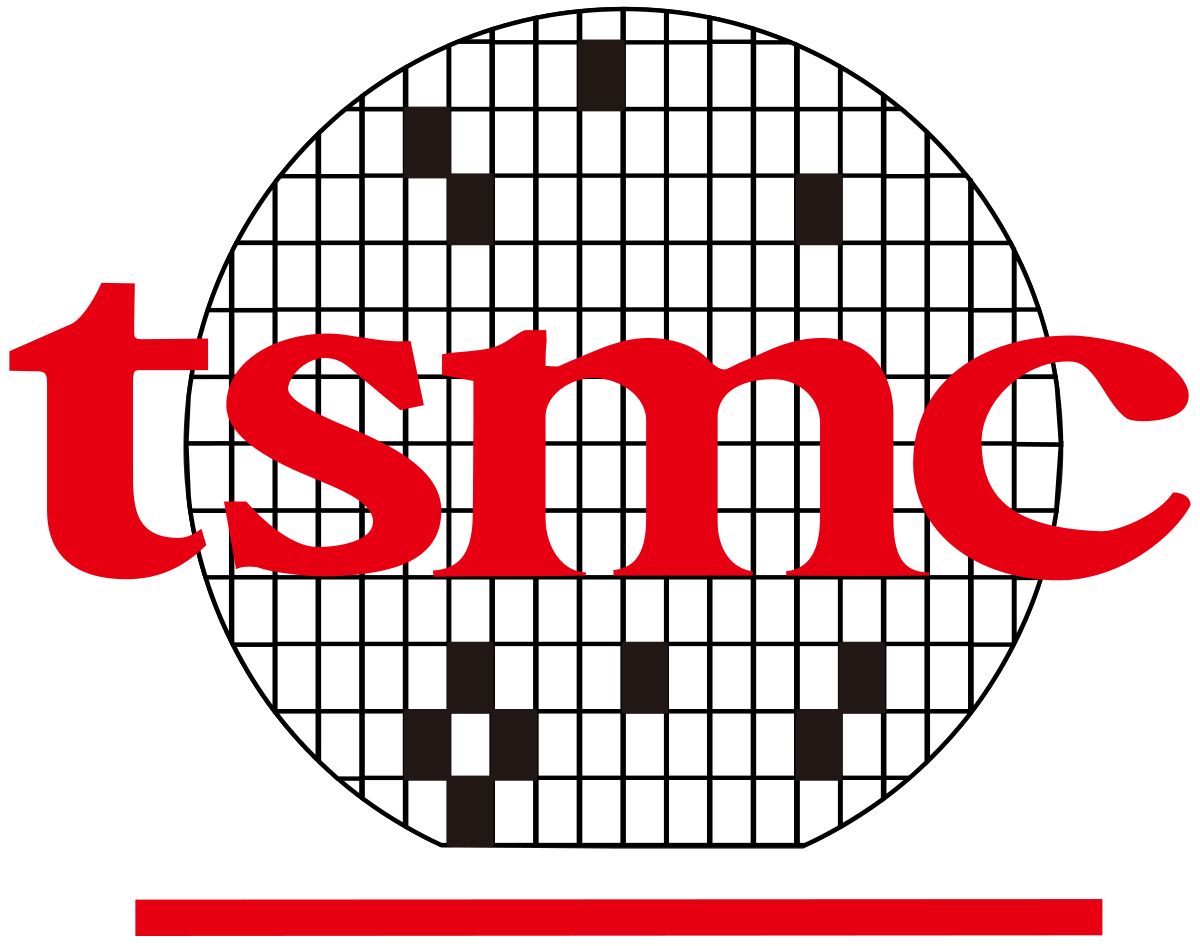Introduction
TSMC, the world's largest semiconductor manufacturer, announced Thursday a record-breaking profit surge in the third quarter of 2024: a jump of nearly 40% driven by the artificial intelligence boom. The Taiwanese giant reported a record net profit of 452.3 billion New Taiwan dollars (approximately $15 billion), exceeding analyst forecasts. This milestone demonstrates that AI is not merely a technology trend, but a tangible economic driver reshaping the global chip industry.
TSMC's Quarterly Breakthrough
During the July-September quarter, TSMC achieved a 30% year-on-year revenue increase. These figures are impressive and reflect unstoppable demand for advanced semiconductors for artificial intelligence applications. The company, which supplies giants like Apple and Nvidia, sits at the heart of a technological revolution generating record profits.
Morningstar analysts commented:
"Demand for TSMC's products is unyielding. Given TSMC's dominance, we doubt the company would be hindered if it faced tariffs on shipments to U.S. customers. We expect AI demand to stay resilient."
Morningstar Analysts
Geopolitical Strategies and Global Expansion
TSMC is not resting on record profits: the company is actively constructing chip fabrication plants in the United States and Japan to mitigate risks from U.S.-China trade tensions. Geographical diversification is crucial in an unstable geopolitical environment.
The company has committed $100 billion in U.S. investments, including new factories in Arizona, complementing the $65 billion pledged earlier. This expansion positions TSMC as a strategic player not only for the global tech market but also for the national security of Western democracies.
The Political Debate and Redistribution Proposals
U.S. Commerce Secretary Howard Lutnick proposed last month a 50-50 split of chip production between Taiwan and the United States. Taiwan, where the majority of global semiconductor manufacturing currently occurs, rejected this proposal, implicitly asserting its technological superiority and determination to maintain sector control.
This dynamic highlights how semiconductors have become a geopolitical asset comparable to natural resources. The concentration of production in Taiwan makes the island a critical node in the global technology supply chain.
Implications for the AI Market
TSMC's success is intrinsically linked to the broader context: advanced chips are the "muscle" powering AI capabilities. As AI applications proliferate across data centers, consumer devices, and enterprise infrastructure, demand for next-generation semiconductors surges. TSMC, leveraging its superior production capacity and technological prowess, captures the lion's share of this growing demand.
Conclusion
The 40% leap in TSMC's profits is not a temporary fluctuation but a reflection of structural transformation in the technology sector. Artificial intelligence has generated semiconductor demand poised to sustain growth for years ahead. Simultaneously, global geopolitics is elevating semiconductors to strategic commodity status, with profound implications for international supply chain security. TSMC remains the primary beneficiary of this convergence of forces.
FAQ
Why is TSMC seeing record profits due to AI?
Explosive demand for AI chips has generated unprecedented revenues for TSMC, the world's leading supplier. The growth of AI applications requires advanced semiconductors that only companies like TSMC can produce at scale.
What was TSMC's profit growth percentage?
TSMC's net profit surged nearly 40% in Q3 2024, reaching $15 billion, exceeding analyst estimates and confirming strong AI chip demand resilience.
How do U.S. tariffs influence TSMC's strategy?
TSMC is investing $100 billion in U.S. and Japanese factories to diversify production and hedge against trade tensions. Analysts doubt tariffs would slow TSMC's resilient chip demand.
What is TSMC's role in the global semiconductor market?
TSMC is the world's largest semiconductor manufacturer, supplying tech giants like Apple and Nvidia. Control over this company's strategic chip production makes it a geopolitical asset for global technology security.
What impact did Taiwan's rejection of the U.S. proposal have?
Taiwan rejected the proposal to split 50-50 production between Taiwan and the U.S., asserting Taiwanese technological dominance. This signals that semiconductor geopolitics remain under Taiwan's control for the foreseeable future.
How will AI chip demand evolve in coming years?
Experts expect AI chip demand to remain resilient and grow as artificial intelligence proliferates across data centers, consumer devices, and global enterprise infrastructure.
